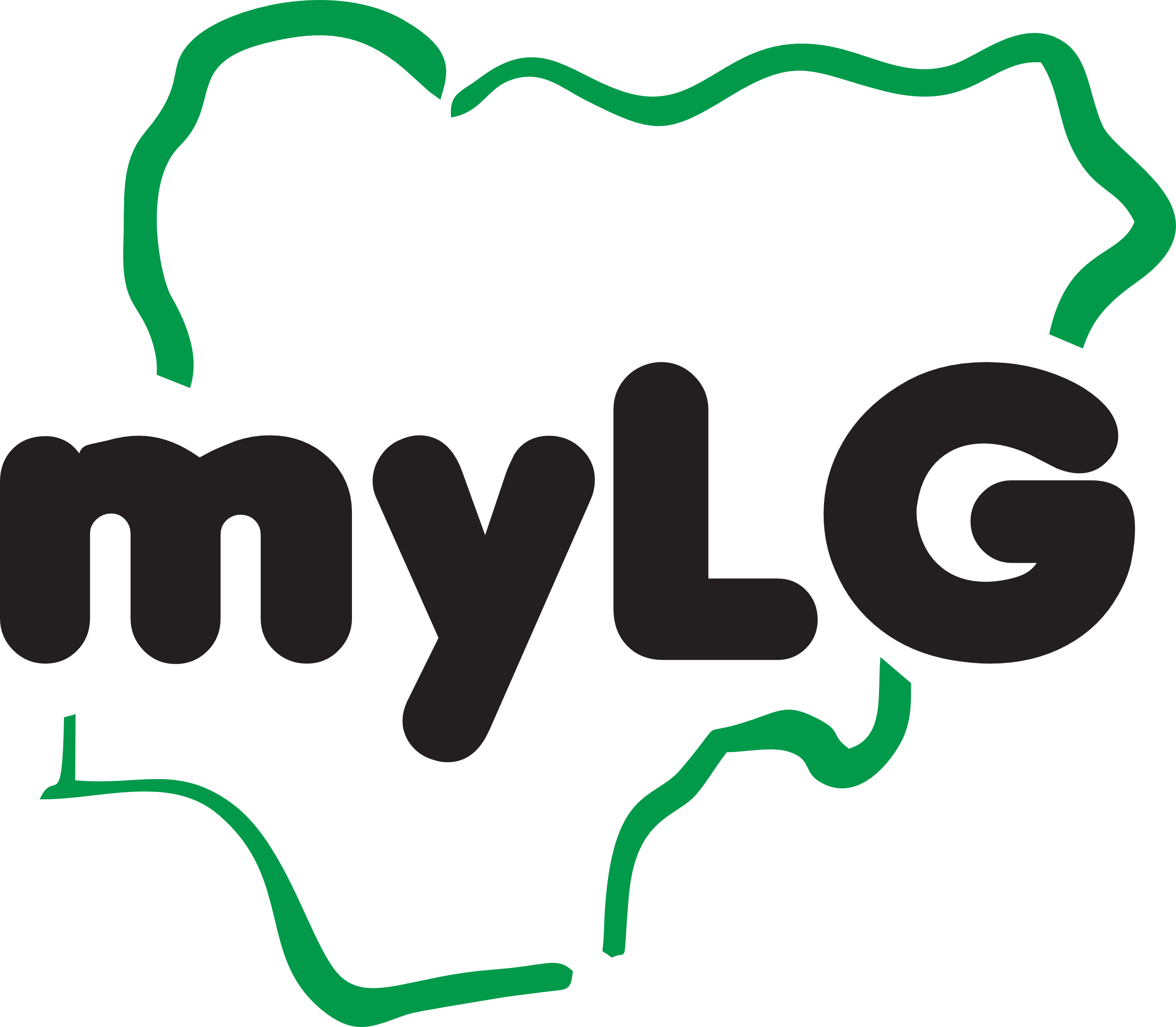Challenges and Opportunities in Afikpo, Ebonyi State Nigeria
Introduction
Afikpo is the second-largest town after Abakaliki, the capital of Ebonyi State. It is a semi-urban area with approximately three hundred thousand (300,000) indigenous people who speak a variant of Igbo known as Ehugbo, which translates to the main Igbo language.
Body
The Afikpo Local Government Council serves as the political headquarters of the five local governments that make up the Ebonyi South Senatorial zone. However, the chairman, who holds significant political executive power, often demonstrates more loyalty to the central government than commitment to the local populace. The position of the chairman is more of an appointment than an election, which is largely seen as a mere formality.
As a result, there is minimal infrastructure development in the Afikpo council headquarters. Many buildings are dilapidated, and basic amenities such as boreholes and electricity are lacking. During visits to the council, it was observed that a generator powers the council only when the chairman is present. Additionally, all activities revolve around the chairman, who tends to work closely with political associates rather than career civil servants, rendering the council headquarters inactive in the chairman’s absence.
This pattern extends to other aspects of Afikpo communities. Recently, the chairman unilaterally took over a vast tract of land at Timber Junction, the entrance to Afikpo from Abakaliki, and allocated it to tipper vehicle drivers as a parking lot without consulting the landowners.
There are approximately four mining companies in Afikpo, posing serious health hazards to the indigenous communities. These companies use dynamites for stone blasting, causing structural damage, hearing impairments, and health risks from dust inhalation. Local mining workers report being mistreated, including lack of employment contracts, underpayment, absence of health or pension insurance, and intimidation.
Electricity shortages persist in Afikpo, primarily affecting the central areas, while suburbs like Akpoha and Amasiri enjoy better access. Two abandoned substation projects around Government College and Amasiri Road exacerbate the issue. The recent intervention by Governor Rt. Hon. Francis Ogbonnia Nwifuru following the Essa Traditional Council’s visit has prompted the resumption of work on these substations, partially restoring electricity to Afikpo.
The Afikpo chairman, as the chief security officer, ensures peace and tranquility. Heading the security task force team, or neighborhood watch, in collaboration with government security agencies like the police, the chairman patrols major flashpoints and borders of Afikpo. The Essa Traditional Council has also established a task force team to combat cannabis smoking. While Afikpo is generally peaceful, with minimal cultist activities or internal/external crises, there are occasional incidents of armed robbery, particularly in outlying areas.
The healthcare system in Afikpo faces challenges, with only one government general hospital serving the entire community. Located in Enohia on the outskirts of Afikpo, the hospital lacks basic facilities and manpower. While Afikpo boasts several healthcare centers, they suffer similar deficiencies, leaving citizens reliant on expensive private hospitals.
Afikpo hosts forty-eight government primary schools and sixty-three government secondary schools, many of which lack infrastructure, teachers, and basic educational materials. Students pay fees for admission, up to #10,000, without access to free education. Akanu Ibiam Federal Polytechnic, the only federal institution in Afikpo, offers predominantly theoretical courses, limiting technical skill development among students.
Despite challenges, Afikpo is evolving into a fully urban city, aided by infrastructural development and improved road networks. This has alleviated traffic congestion around Eke Market during festive periods.
Clean pipe-borne water remains scarce in Afikpo, with residents relying on streams, boreholes, and occasional rainwater for drinking. Although the Ministry of Water Resources is based in Afikpo, its efforts to provide water access are not evident.
Food and general prices of goods and services are higher in Afikpo compared to the state capital, possibly due to the absence of regulatory agencies. For instance, petrol prices exceed government-approved rates as the Petroleum Price Regulatory Agency (PPRA) lacks a presence in Afikpo.
Conclusions
Notably, the local government lacks a citizen engagement platform, with many residents unaware of local government activities. While political and traditional authorities collaborate, citizens’ participation in governance is minimal, contributing to the prevailing peace and stability in Afikpo.
Afikpo is rich in limestone and coal deposits, but exploitation often disregards the rights of landowners.

